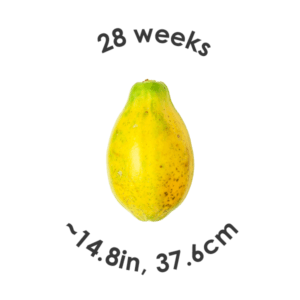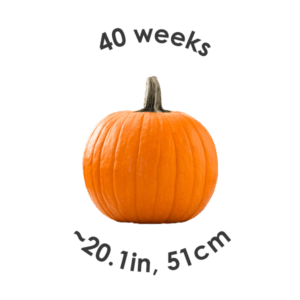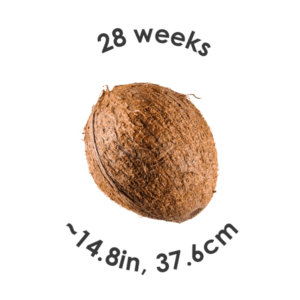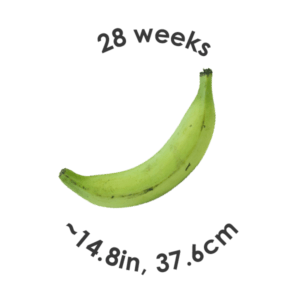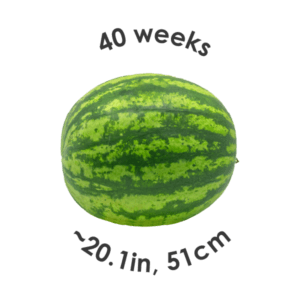Pregnancy Vancouver
Late Pregnancy
You're almost there! In this stage, your body will continue to change as your baby grows more. Having support from your loved ones can help you prepare for these last few weeks. You will also likely be seeing your maternity provider more regularly. Check out our reliable resources gathered especially for this phase of your pregnancy journey.


Essentials for Your Late Pregnancy
A quick overview of key milestones, decisions, and health tips for your third trimester. Explore the sections below for more details on what to expect and how to prepare.
Decisions to Make (28-32 Weeks)
Birth Support & Doula
- 28 weeks: Consider whether you’d like a doula for help preparing for and during labour.
Work & Post-Birth Help
- 32–34 weeks: Confirm your end-of-work plan.
- Confirm who will help you at home after the baby arrives (e.g., family, friends, postpartum doula).
Vaccinations
- 32 weeks: Decide if you want to take Tdap (whooping cough) and RSV (respiratory syncitial virus) vaccinations for newborn protection.
Decisions to Make (36-41 Weeks)
Labour & Birth Preferences
- 36 weeks: Discuss your birth preferences with your doula (if you have chosen to have one) and pregnancy care provider.
- If not decided, finalize your birth location and any specific wishes for labour (e.g., birthing positions, comfort measures).
Group B Strep (GBS) Screening
- 35-37 weeks: Discuss GBS screening with your provider (vaginal/rectal swab). They will explain why we test for GBS and what to expect if you have a positive test.
Going Past Your Due Date
- 38–40 weeks: Discuss what you’d like to do if you pass your estimated due date.
- 41 weeks: Talk to your provider about monitoring and care options if pregnancy goes beyond 41 weeks.
Health Check (28-34 Weeks)
Expect in-person visits at approximately 28, 32–34, 36, 38, 39, 40, and 41 weeks. Each visit generally includes:
- Blood Pressure (BP) Check.
- Measuring Belly Size.
- Assessing Fetal Activity and Heart Rate.
- Checking Fetal Position (ideally head down after ~32 weeks).
28 Weeks
- If Rh-negative, receive your RhoGAM injection to protect yourblood from developing antibodies that could be harmful.
- Discuss any concerns or symptoms; consider Edinburgh Postnatal Depression Scale (EPDS) screening.
- Consider vaccinations including pertussis (Tdap), RSV, flu, and covid, to protect you and your baby.
32–34 Weeks
- Check BP, belly size, fetal heart rate, and baby’s position.
- Confirm end-of-work plan; discuss postpartum support.
Health Check (36-41 Weeks)
36 Weeks
- Check BP, belly size, fetal heart rate, and baby’s position.
- Group B Strep (GBS) swab may be done .
- Review any updated birth preferences or questions about labour.
- Discuss signs of labour and when to call or go to the hospital.
38 Weeks
- Check BP, belly size, fetal heart rate, and baby’s position.
- Revisit your plan if you go past your due date.
40 Weeks
- Check BP, belly size, fetal heart rate, and baby’s position.
- If baby isn’t here yet, discuss induction options or any other monitoring needed.
41 Weeks
- Check BP, belly size, fetal heart rate, and baby’s position.
- Provider may recommend additional monitoring and will discuss next steps in detail.
Tests and Labs
Edinburgh Postnatal Depression Scale (EPDS)
- May be offered around 28 weeks or anytime in pregnancy to screen for mental health concerns.
RhoGAM Injection (If Rh-negative)
- Typically given around 28 weeks.
GBS Screening
- Usually done around 36 weeks (vaginal/rectal swab).
- Helps determine if antibiotics are needed during labour.
Additional Monitoring Post–Due Date
- If you pass 40–41 weeks, your provider will discuss and offer you extra tests (like “non-stress tests” (NST), ultrasound) to monitor baby’s well-being. (9)
Lifestyle
Work Plans
- 28–32 weeks: Talk to your family, friends, or employer about when to stop working.
Preparing for Baby’s Arrival
- 32–34 weeks: Create a support network for after birth (household chores, meal prep, older children care, etc.).
Mental Health Supports
- If you feel anxious or stressed, look into counseling or mental health services now, rather than waiting until after birth.
Staying Active
- Continue moderate exercise (walking, prenatal yoga), adapting as your belly grows.
Learn and Ask About (Part One)
Breast/Chestfeeding Plan
- 28 weeks: Begin thinking about a feeding plan.
- 32–34 weeks: Learn practical info on feeding (classes, lactation consultants).
What to Bring to the Hospital
- 36 weeks: Ask for a hospital packing list.
- Discuss comfort measures for labour, both at home and hospital (e.g. music, birthing ball, coping strategies).
New Parent Resources
- 36-40 weeks: Find community or online supports for newborn care and parenting. (e.g., public health services, peer groups)
Learn and Ask About (Part Two)
Signs of Preterm Labour
- 28–32 weeks: Ask about/learn the signs of labour starting early.
Post-Birth Recovery
- 36-40 weeks: Ask about/learn what to expect for physical recovery (bleeding, perineal care, cesarean recovery if applicable).
Emergencies
- 36–40 weeks: Know what number to call and where to go if something urgent happens (e.g. unusual bleeding, severe pain, etc.).
Contacting Your Provider in Labour
- Confirm how to reach them (phone number, hospital line) and when they want you to call.
Decisions and Planning
You're almost there! In this stage, your body will continue to change as your baby grows more. Having support from your loved ones can help you prepare for these last few weeks. You will also likely be seeing your maternity provider more regularly. Check out our reliable resources gathered especially for this phase of your pregnancy journey.
Decisions and Planning
Birth Planning
If you’re still working, it’s important to consider when and how to begin your leave. Having backup plans can be helpful since things may not always go according to plan. As you prepare for your baby’s arrival, take time to think about your birth plan and discuss it with your support team. Consider special moments you’d like to capture, such as ceremonies, songs or prayers. Our selected resources can help you make informed decisions and plans for this time.

Decisions and Planning
Prenatal Classes
Late pregnancy is another good time for prenatal classes. They can help you feel ready and confident for labour, birth, and early parenting. Many classes are available, including online options, so you can find what works best for you. If cost is a concern, talk to your maternity provider or instructor—some classes may offer reduced rates when needed. Check our list of options in Vancouver and the Lower Mainland.

Decisions and Planning
Where to Give Birth in Vancouver
By now, you’ve likely picked your maternity care provider and know which hospital you’ll have your baby at. If not, see the information below. If so, get an inside look at the hospital where you will be giving birth. There are video tours of BC Women’s Hospital and St. Paul’s Hospital to give you an idea of what they’re like so you feel better prepared.
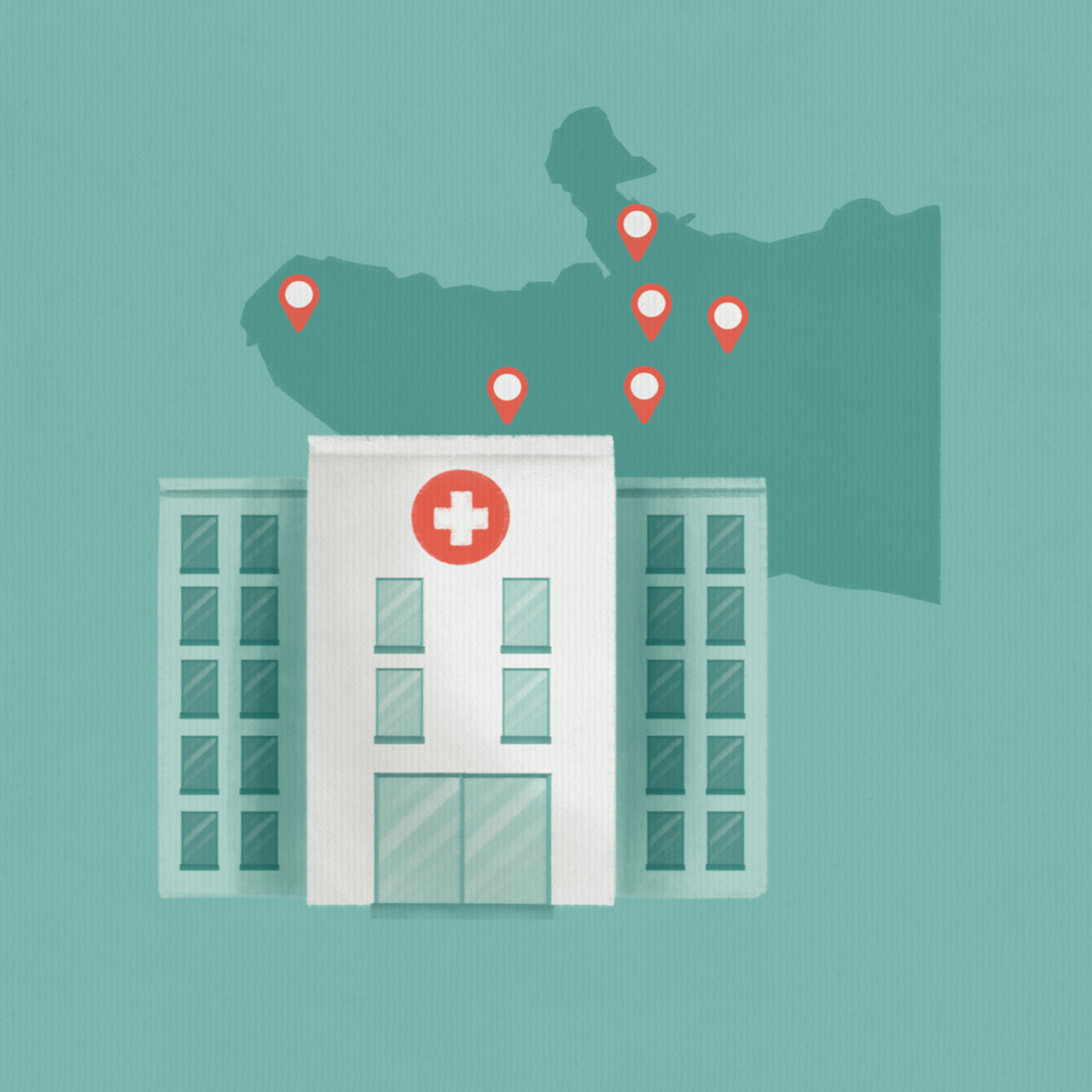
Tests, Labs and Appointments
During the final stretch of your pregnancy, you'll have more visits with your maternity provider. They will customize tests based on your needs. One common test is for Group B Strep (GBS), which helps determine if you carry certain bacteria. It's important to inform your provider if you're allergic to Penicillin on the day of the test. Your GBS status will affect your care during labour, so it's essential to know if you are “positive” or “negative” for GBS. Your provider will likely discuss this with you as well as next steps.
Tests, Labs and Appointments
Healthcare Visit Schedule
During this time, your baby is growing quickly, and it’s important to prioritize your well-being. Your maternity care provider will schedule regular checkups to make sure everything is going well. These visits are a great chance to ask questions and receive the support you need. They will also monitor your health and the health of your baby. While the specific topics may vary, here’s what you can generally expect.
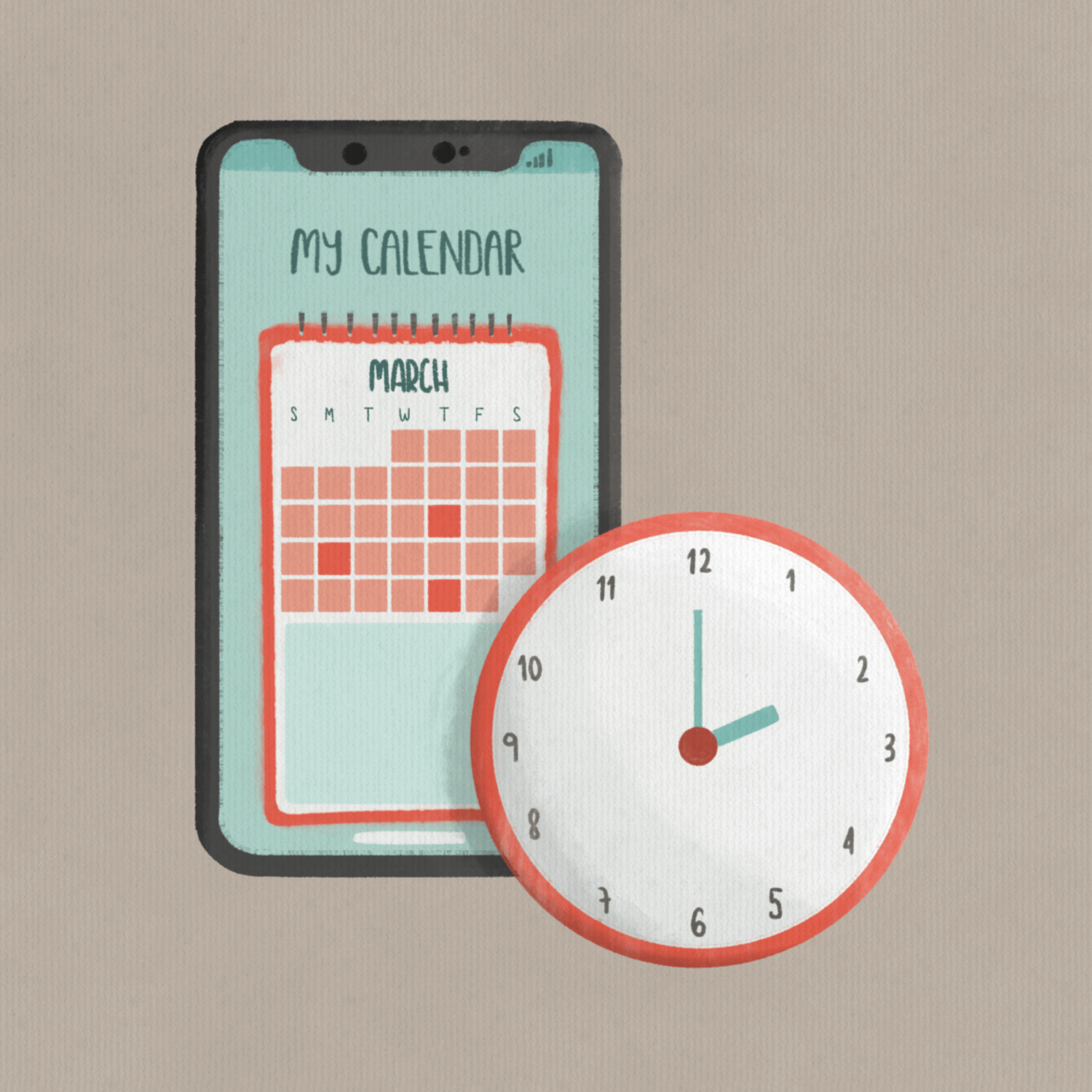
Tests, Labs and Appointments
Prenatal Classes
One way to help prepare for the birth of your baby and the early days of parenting is through prenatal classes. These classes can help you feel more confident and prepared for childbirth, breast/chest feeding and newborn care. They also provide an environment to connect with other expectant parents and share experiences. Of course, there are many ways for us to learn and feel ready. Sharing stories, wisdom from our Aunties or seeing lessons in nature may also be helpful. The resources we’ve collected for you may have what you’re looking for.

Tests, Labs and Appointments
Thinking Ahead?
We understand that keeping up with all the visits can be overwhelming, especially as you approach the end of your pregnancy. That’s why we have created a schedule with important highlights so you know what to expect in the coming weeks. Take a look at our Healthcare Visit Schedule in the Test, Labs and Appointments section of the Postpartum stage to stay organized. However, it’s also important to pause, reflect, and connect with your loved ones during this special time. Maybe you’d like to talk to your family and friends about what they would like to be called by your little one! It’s also an excellent time to consider who you want to invite to attend your birth.

Tests, Labs and Appointments
Maternity Programs and Services
Our website offers essential information to support you throughout your journey. In addition to the services available on our platform, you may also find further support through resources like Pathways BC and BC211.
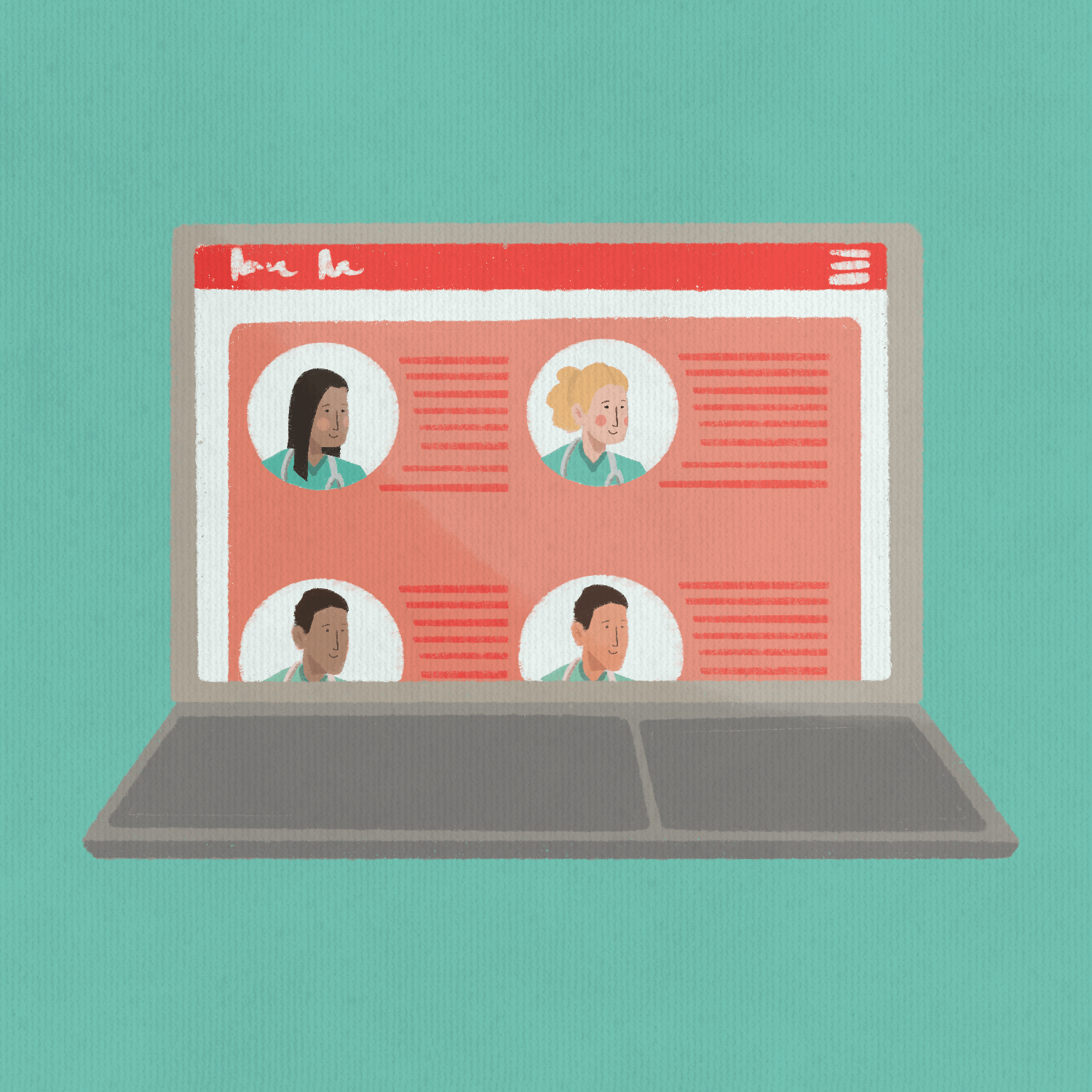
Self Care
Time flies, doesn't it? During late pregnancy, resting and spending quality time with your loved ones can also be important. You may also choose to engage in ceremonies or pause in some way to reflect on this special time. This is also a time to focus on self-care. We have many resources available to support you in managing aches and pains, staying active, maintaining a healthy diet and taking care of your mental health. Take a look and find what feels right for you.
Self Care
Your Mental Health
Caring for your mental wellness can benefit you, your baby and your loved ones. Your maternity provider can offer advice and tools to help you with any emotions affecting your quality of life. Be sure to reach out to someone you trust and share your concerns with your provider. Explore our reliable resources if you’d like extra support.

Self Care
Food and Nutrition
Eating healthy foods is vital for you and your baby during pregnancy. You can find helpful information about making nutritious choices in resources like Canada’s Food Guide and Canada’s Food Guide – First Nations, Inuit, and Métis. They provide guidelines and suggest serving sizes for different food groups. These resources also mention traditional foods like wild plants, seaweed, dried fish, and bannock that you may want to try! Click on the links to learn more about eating well during late pregnancy.

Self Care
Substance Use
If you’re dealing with alcohol or substance use during pregnancy, support is available for you and your baby. The Families in Recovery (FIR) Program at BC Women’s Hospital provides safe and supportive care for pregnant individuals and their loved ones dealing with substance use. They offer addiction treatment, medical care and social support. You’re not alone. Help is available for you and your baby. Explore the resources we have gathered and consult your provider for support and/or possible next steps.

Self Care
Thinking Ahead?
As the day of your baby’s arrival approaches, think about how you would like to mark the special occasion. Do you have any traditions in mind? It could be carrying your baby in a cradleboard, wrapping them in a moss bag or choosing a meaningful song or verse. Naming rituals, exposure to the environment or sharing sweets can also be part of the celebration. This is your journey – share your wishes with your maternity provider so they can better support you. Enjoy this time and celebrate your growing family in a way that is meaningful for you.

FAQs
Have questions about late pregnancy? Whether you're wondering about your baby's movements or the details of labour, we've got you covered! Explore our resources to feel confident and prepared as you approach the end of your pregnancy.
FAQs
Discomfort and Pain
As your due date gets closer, you might experience more discomfort and pain, especially in your lower back and hips. High blood pressure can also be a concern at this stage. It’s important to know how to manage these symptoms and when to seek medical attention. We have reliable resources to help you learn more about common aches, pains and other issues during late pregnancy. Explore these resources to find helpful information.

FAQs
Complications in Pregnancy
Preterm labour can happen any time before 37 weeks of pregnancy. It can be a serious concern and needs immediate medical attention. It’s important to know the signs which may include vaginal bleeding or spotting, contractions, back pain, pelvic pressure, leakage or a change in vaginal discharge. If you have any of these symptoms, contact your maternity provider right away. Check out our resources for more on preterm labour and other complications in late pregnancy.

FAQs
Thinking Ahead?
The big day is almost here! Whether you’re ready and waiting or still getting things in order, we know there’s a lot to think about and prepare for. Are you wondering what to pack in your hospital bag, how to get to the hospital, who you want by your side during the birth or how to manage pain during labour? For these and other questions, we’ve put together helpful checklists and resources to guide you through your labour and delivery.

Find A Maternity Physician
Check In With Your Pelvic Health
Take a few minutes to learn more about your body. This short, interactive quiz helps you understand your pelvic floor health and guides you to resources for every stage of pregnancy and postpartum.


